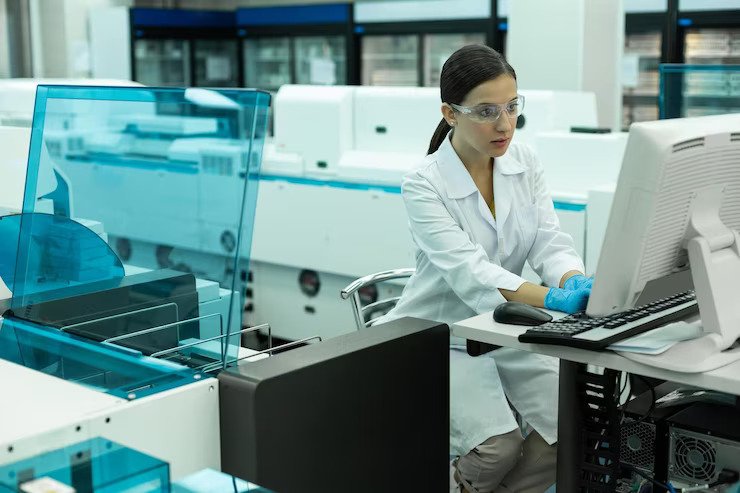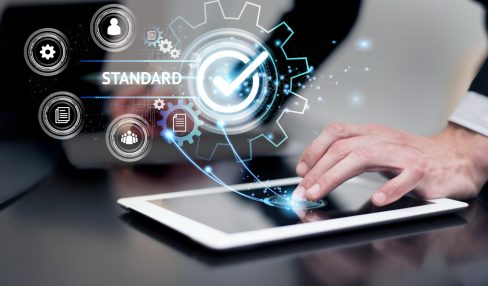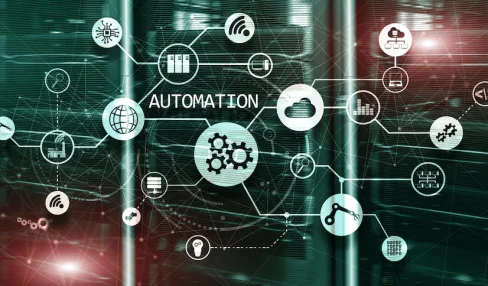Future Trends In Lims: The Role Of Django Framework In Driving Innovation
5 Mins Read
Published on: 19 June 2023
Last Updated on: 09 November 2024

toc impalement
Laboratory Information Management Systems (LIMS) are essential in the field of laboratory informatics for handling and organizing massive volumes of data, optimizing processes, and assuring regulatory compliance.
For laboratories all around the world, the future of LIMS promises exciting possibilities as technology continues to advance at a rapid rate. Django is one technology that has helped spur innovation in the LIMS industry. This essay delves into the crucial part that Django plays in reshaping the laboratory informatics environment as well as future trends in LIMS.
What Is Django?
Before we actually proceed into the topic, it is important to make you familiar with the technical jargon that will be used later. Django is basically an open-source, Python-centric framework that came into existence in 2005. For 16 straight years, it has been helping developers all across the world to solve complicated tasks.
This infrastructure implements MTV or model-template architectural patterns. This particular pattern is quite helpful for both web applications and large projects. Django allows a user to differentiate the working procedure with layout and that of data and logic.
Those asking if Django is backend or not, well, it is! This amazing backend solution blends perfectly with the most optimum front-end technologies. There are a few requirements to avail yourself of the Django framework:
- The need to optimize open-source and make no payments for licenses.
- You require extensive documentation along with a supportive community at times of confusion.
- The project you are working on is completely based on API backend and web application development.
- Your key principles are ever-evolving and making tremendous changes in the development process.
Future LIMS Trends Inspired By The Django Framework
Owing to its advanced features as well as low pricing, this Software as a Service has been a trending name in LIMS. Let’s check out the ways in which Django will actually influence future trends in Laboratory Information Management Systems.
Improved Data Interoperability and Integration
The seamless integration and interoperability of data across many systems and platforms is one of the major themes in LIMS. Laboratories frequently work with a variety of data sources, such as equipment, outside databases, and third-party software.
A unified and thorough image of a laboratory’s activities may be created by connecting and aggregating data from numerous sources using Django’s strong data integration capabilities. This connectivity makes it possible to share data effectively, collaborate more effectively, and make better decisions.
Infrastructure and LIMS Based On the Cloud
Laboratory informatics has seen a transformation thanks to the widespread use of cloud computing. Scalability, flexibility, and accessibility are just a few benefits of cloud-based LIMS.
Django consulting offers a strong platform for creating cloud-based LIMS systems, enabling laboratories to securely store and retrieve their data online. Furthermore, this technology makes it unnecessary to invest much in infrastructure, lowers maintenance costs, and allows for remote access to data and applications.
Artificial Intelligence and Sophisticated Analytics
The capacity to extract valuable insights from the massive volumes of data that laboratories produce is becoming increasingly important. Laboratory LIMS systems may now include cutting-edge analytics tools thanks to Django’s versatile framework and integration capabilities.
Django’s connectivity with machine learning as well as artificial intelligence frameworks, allows researchers to take advantage of the capabilities of pattern recognition, predictive analytics, and data mining.
Increasing Pre-Configured Systems
In any management system, an enhanced laboratory operation is important. This is applicable to any company that relies on outdated workflows, manual processes, and slow tools. While some of them recognize the need to act quickly, others are still figuring out how to do it.
However, achieving ROI faster and more efficiently has become easier ever since the introduction of the Django framework. This reduces the introduction duration of modern systems, thereby yielding quick results. As a result, you get pre-configured systems within minutes.
Integration Of Augmented Reality
Haven’t we talked much about the web, mobile apps, and dedicated systems? When are we actually planning to talk about lab connectivity? The answer is now! Django has made it simpler for various infrastructures to implement Mixed Reality as well as Augmented Reality solutions.
The framework also lets the interface lie on top of the actual screen. However, its ability to develop a personal AR platform might be a reason why it is not much preferred. Furthermore, its advantages extend to present eye-level digital data in the setting of mixed reality.
Remote Access and Mobile LIMS
The need for mobile apps and remote accessibility is rising quickly in a connected society. Laboratory staff members have the freedom to access vital information, track samples, and keep an eye on investigations on their mobile devices, thanks to mobile LIMS systems.
Because of Django’s adaptability, mobile-responsive LIMS interfaces may be created, guaranteeing smooth user experiences on a variety of platforms and devices. In addition to boosting productivity, mobile LIMS facilitate real-time collaboration by allowing users to exchange data remotely, get alerts, and complete necessary activities while on the go. This is frequently implemented with the use of LIMS consulting, which aids in the effective adoption of new technologies and functionalities.
Security of Data and Compliance
Data security and compliance are of utmost relevance in the laboratory informatics environment in a time of rising data breaches and strict regulatory standards. Due to Django’s emphasis on security, strong authentication procedures, and support for encryption, critical laboratory data are kept secure and intact.
The adaptability of Django makes it simple to customize it to adhere to certain regulatory frameworks, like HIPAA or GDPR, giving laboratories piece of mind and guaranteeing conformity with moral and legal requirements.
Conclusion
As labs adopt the LIMS of the future, Django is a strong ally in fostering creativity. Thus, the future of laboratory informatics is full of exciting possibilities, which are represented by the developments mentioned above.
By utilizing Django’s features and teaming up with Django consulting specialists, laboratories may maximize the functionality of their LIMS systems, foster innovation, and maintain a leading position in the quickly changing laboratory scene.
In order to benefit fully from the LIMS trends, it is imperative to know about the Django framework. It offers assistance in a way that streamlines data management procedures.
So, that was all about it. We hope this article enlightened and guided you in every way possible. Thank you for reading!
Read Also:


















Comments Are Closed For This Article